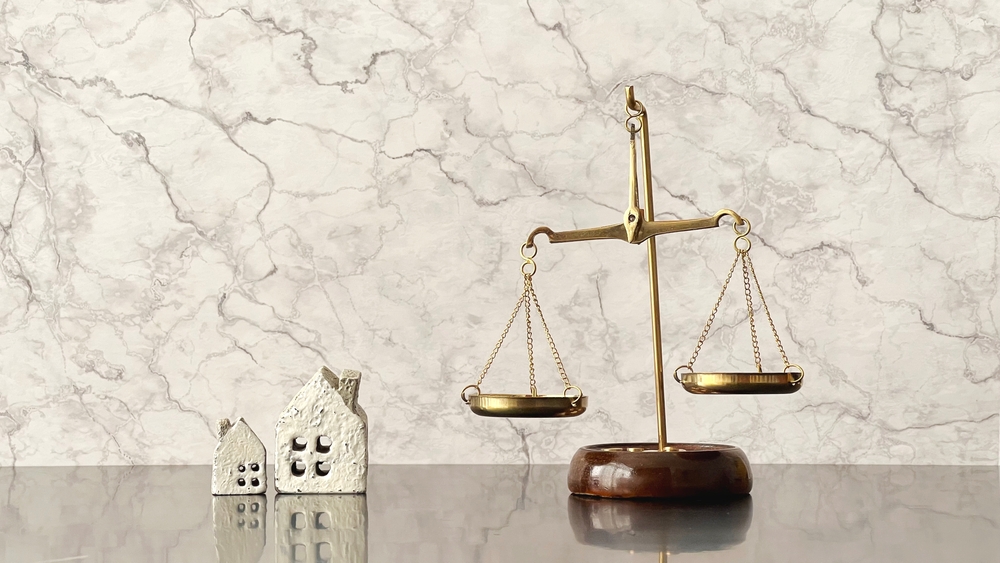The ownership of real estate has long been a source of legal disputes. Among the most common issues that property owners face are title and boundary disputes. These disputes can be complex, often involving legal and surveying professionals to resolve. In this article, we will delve into what title and boundary disputes are, the causes behind them, and the steps you can take to address and prevent these contentious issues.
Title Disputes
A title dispute pertains to the legal ownership or rights to a property. It can arise for several reasons:
- Unclear Ownership Records: In some cases, historical records may be incomplete or ambiguous, leading to uncertainty about who holds the rightful title to a property.
- Errors in Documents: Mistakes in property deeds, surveys, or other legal documents can cloud the title’s clarity and cause disputes.
- Fraudulent Transactions: Illegitimate or fraudulent property transfers can result in competing claims of ownership.
- Missing Heirs or Beneficiaries: When a property owner passes away without a clear will or designated heirs, disputes can arise among potential beneficiaries.
Boundary Disputes
Boundary disputes, on the other hand, concern the physical boundaries of a property. These disputes often involve discrepancies between property lines, fences, or structures. Causes include:
- Unclear Property Lines: Property boundaries can become unclear over time, especially if they were never officially surveyed or marked.
- Inaccurate Surveys: A poorly conducted property survey can lead to boundary disputes when it fails to accurately establish property lines.
- Misplaced Fences or Structures: The installation of fences, sheds, or other structures that encroach on a neighbor’s property can spark disputes.
- Adverse Possession: In some cases, a person may claim ownership of a portion of a property through adverse possession, which can lead to boundary disputes.
Steps to Address and Prevent Disputes
- Consult a Professional: If you suspect a title or boundary dispute, consult with a real estate attorney. They can assess the situation and provide legal guidance.
- Review Property Records: Thoroughly review all property records, including deeds, surveys, and historical documents, to understand the property’s history and boundaries.
- Communicate with Neighbors: Open and respectful communication with neighbors can often resolve boundary disputes amicably. They may not be aware of the issue.
- Hire a Surveyor: A licensed surveyor can accurately establish property boundaries and provide documentation to support your claims.
- Consider Mediation: Mediation can be a cost-effective and less adversarial way to resolve disputes, potentially avoiding costly legal proceedings.
- Legal Action: If all else fails, legal action may be necessary to protect your property rights. Your attorney will guide you through this process.
Title and boundary disputes can be complex and emotionally charged. To protect your property rights, it’s essential to understand the potential causes and take proactive steps to address and prevent disputes. Consulting with legal and surveying professionals early in the process can help you navigate these issues and reach a satisfactory resolution. Additionally, maintaining clear and accurate property records and boundaries can go a long way in preventing future disputes and ensuring peace of mind as a property owner.



